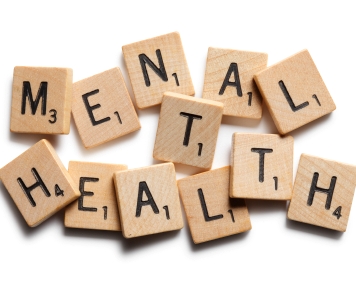Mental Illness and the Stigma

September 12, 2017
Mental illness. Those two words cause people to turn away or cast judgment. In today’s society, we spend more time trying to ignore mental illness rather than trying to help and understand it. Did you know that of American adults, more than 25% (57.7 million adults) experience a mental disorder but only 36% of them receive treatment? Did you also know that more than 46% of teenagers have had or currently have a mental disorder? Yet only 36% of them received treatment.
When we hear the phrase mental illness, we only associate them with negativity. Sandy Hook, Christopher Dorner, military personnel who came back with PTSD – just to name a few cases that involved some type of mental illness. When we know someone who does not have mental illness versus someone who does, we separate them as “normal” and “different and dangerous”. Why do we place these accusations on people rather than understand them? It is sad to me – to be considered as different simply because I lack certain chemicals within my brain.
People with mental illnesses are constantly blamed for their illness or are called “lazy” or “irresponsible” – how is that just? Why are we being blamed for something out of our control? Something that we didn’t ask to be born with? How is any of this fair? I’ll be the one to tell you that all the discrimination and the stigma is not fair to those who suffer from mental illness. On the same note, mental illness is seen as a less real and a less legitimate illness rather than a physical illness. This leads policy makers and insurance companies reluctant to help pay for the treatment these people need.
When we ignore and discriminate the people who are mentally ill, we just add to the stigma. Nearly nine out of ten people with mental health issues say that stigma and discrimination have had a negative effect on their lives and made it a lot harder to recover or even start the recovery process. Why are we making it harder for these people who are actually trying to recover? People who discriminate are only pushing them farther back and sometimes even placing them right back where they started.
In today’s society, mental illness is starting to become more widely accepted and more people are becoming sensitive to the topic of mental health, but the stigma still exists. Research shows that the best way to challenge these existing stereotypes is through first-hand experience with someone who suffers from mental illness. The Equality Act of 2010 makes it illegal to, directly and indirectly, discriminate against those who suffer from mental illness in public services and functions, access to premises, work, education and so forth.
Stigma can trap people in a cycle of illness so let’s end the discrimination and stigma so we can have a better and safer way of living for everyone.










